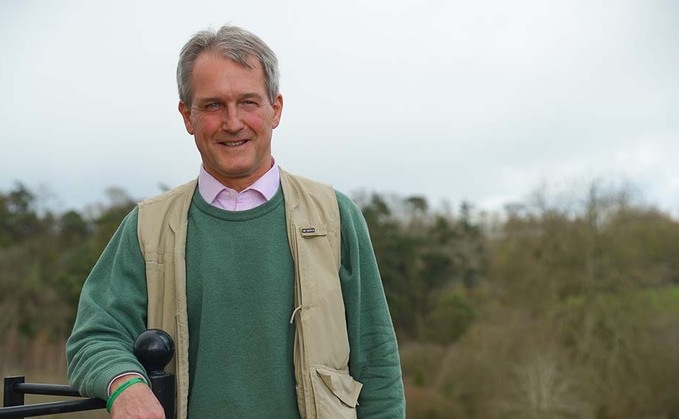
It is a sad fact that some of the most successful, life-saving agricultural advances were bitterly opposed by environmental groups when they were first created. A prime example is the work of Norman...

It is a sad fact that some of the most successful, life-saving agricultural advances were bitterly opposed by environmental groups when they were first created. A prime example is the work of Norman...
Yellow Wellies partners with others to deliver training aimed at agriculture's unique pressures
A new farm-to-fabric project aims to help showcase the qualities of wool by connecting farmers and designers. Emily Ashworth finds out more
The competitors who will be competing in Croatia, Switzerland and Denmark, are calling for support to help raise the £35,000 needed for their places